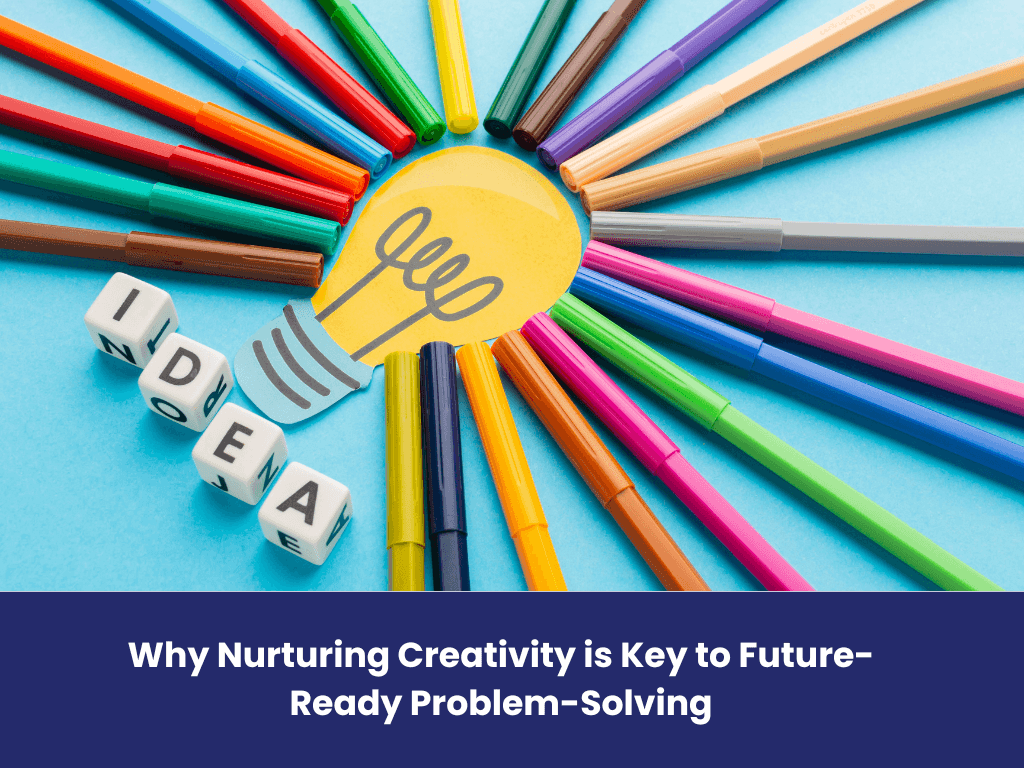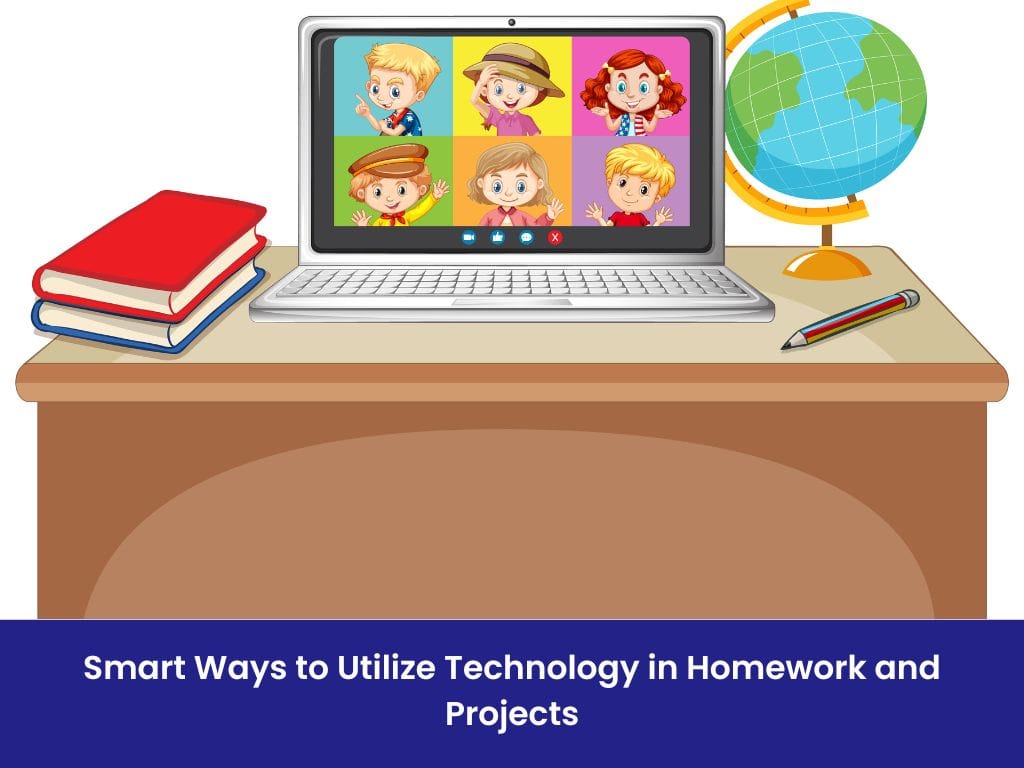The Neuroscience of Sleep: Why Rest Is Crucial for Student Retention
Introduction
In today’s hectic academic setting, the pressure to deliver tends to drive students to give up one of their most valuable mental resources—sleep. While as much as the moral virtue of hard work and study cannot be doubted, neuroscience is increasingly revealing that sleep is less an indulgence than a requirement of successful learning. Sleep has extensive implications in memory consolidation, emotional regulation, thought, and physical well-being. For students, sleeping enough is not about staying awake—it’s about learning more effectively, remembering more, and performing at their best intellectually.
The Science of Sleep and Memory
Memory, being central to learning, has a best friend in sleep. That is where memory consolidation, stabilization, and storage of new learning occur mostly. There have been many stages of sleep identified by neuroscientists, each with a unique role to play in memory functions:
Slow-Wave Sleep (SWS)
Also known as deep sleep, it is required for consolidating declarative memory—facts, concepts, and words.
REM Sleep (Rapid Eye Movement)
It maintains procedural memory—habits, skills, and pattern recognition.
The brain goes through these stages repeatedly during the whole night. The brain consolidates the connections among neurons during REM alone, and it simplifies long-term memory. This system becomes weakened without sleep and leads to forgetfulness, confusion, and slow retrieval.
Sleep Deprivation: The Academic Silent Killer
Sleep deprivation not only leaves individuals feeling drowsy—it severely impairs attention, thinking, and problem-solving. In the majority of studies, sleep-deprived individuals are on par with legally intoxicated individuals in terms of cognitive function. For students, this could mean bad test performance, bad attendance in classes, and general mental exhaustion.
More ominously, long-term sleep deprivation can diminish the brain’s capacity to encode new information in the first place. The hippocampus, the brain’s memory center for creating new memories, slows down, reducing how much students can learn. Regardless of how long a student studies, without sleep, much of that effort will be in vain.
Sleep and Emotional Balance
Sleep is also a determinant of emotional regulation, which is not accorded proper importance in schools. Adolescents and young adults who lack sleep also demonstrate elevated emotional reactivity, impulsivity, and mood swings. The amygdala, the part of the brain responsible for emotion, overreacts when there is no adequate rest.
In the classroom, this can lead to conduct problems, heightened anxiety, or even depression—illnesses that adversely affect not only individual performance but also the classroom learning environment. Getting adequate sleep helps to produce calmer, more focused, and emotionally stable students better able to manage academic and social stress.
The Place of Schools in the Promotion of Healthy Sleeping Habits
Even though it is the responsibility of the students and parents to maintain good sleeping habits, schools also play a crucial role in ingraining the significance of sleep. Schools like St Wilfred’s School Jaipur, one of the Best CBSE School in Jaipur, understand that school achievement is founded on holistic development. Such schools promote good habits through exercise, awareness, and consciousness regarding sleep.
Schedules that are not overly demanding on students, balanced homework, and public education programs on the neuroscience of sleep can be very beneficial. In fact, some innovative schools globally have experimented with delayed school start times, taking into consideration the biological sleep patterns of teenagers. Results of such trials have been increased attendance, increased test scores, and better mental health of students.
Sleep and Learning Styles
Another fascinating area of neuroscience is how individuals’ learning styles may cross-talk with sleep. For instance:
- Visual learners will enjoy dreams that support image.
- Auditory learners are able to consolidate verbal data during REM sleep.
- Kinesthetic learners tap into procedure memory, which is consolidated during REM stages.
Understanding how kids best learn—and how sleep makes that possible—can allow teachers and parents to create tailored schedules. Sleep is no longer a simple recovery process, but a tool.
Naps: The Short-Term Boost
Although nighttime sleep is critical, even short naps improve students’ performance. A 20-30 minute nap will restore wakefulness, increase creativity, and improve information memory. Quiet rooms or nap time scheduled on longer school days can be included in schools. These initiatives are already gaining traction at some forward-thinking learning centers.
The Digital Dilemma: Technology and Sleep
One of the largest foes of student sleep these days is excessive screen time. Smartphones, tablets, and computers all produce blue light, which disrupts the production of melatonin—the sleep-onset hormone. Screen-using students late in the evening are more likely to develop delayed sleep phase syndrome, advancing their sleep cycles to the later hours of the night and making morning routines miserable.
Sleep education should also include talks about digital discipline. Simple activities such as screen curfews, blue-light filters, and reading physical books at night can significantly enhance the quality of sleep.
Encouraging a Sleep-Aware Culture
Promoting good sleep habits is not simply a question of isolated lectures or one-off reminders—it is a shift in culture. Schools, teachers, and parents must collaborate to affirm that rest is beneficial, not a waste. Praising a student for their ability to manage time, workload, and maintaining health is as important as academic achievement. At Best School Jaipur, St Wilfred’s School Jaipur, one of the Best School in Jaipur, these holistic models of schooling are being adopted in order to remain responsive to modern cognitive science. Through the integration of understanding about neuroscience in daily learning, they prepare the students for their exams and for life.
Conclusion: Let Students Sleep, Let Them Learn
In an era where productivity is equated with activity, remember that rest fuels performance. Sleep is not time-off from education—it’s part of education. The neuroscience is clear: without sleep, students are not able to take in, retain, and use what they learn. Teachers, policymakers, and parents all need to get on board to put sleep first in the school equation. Because a rested student isn’t just more alert—they’re more capable, more resilient, and better equipped to tackle what comes next.


